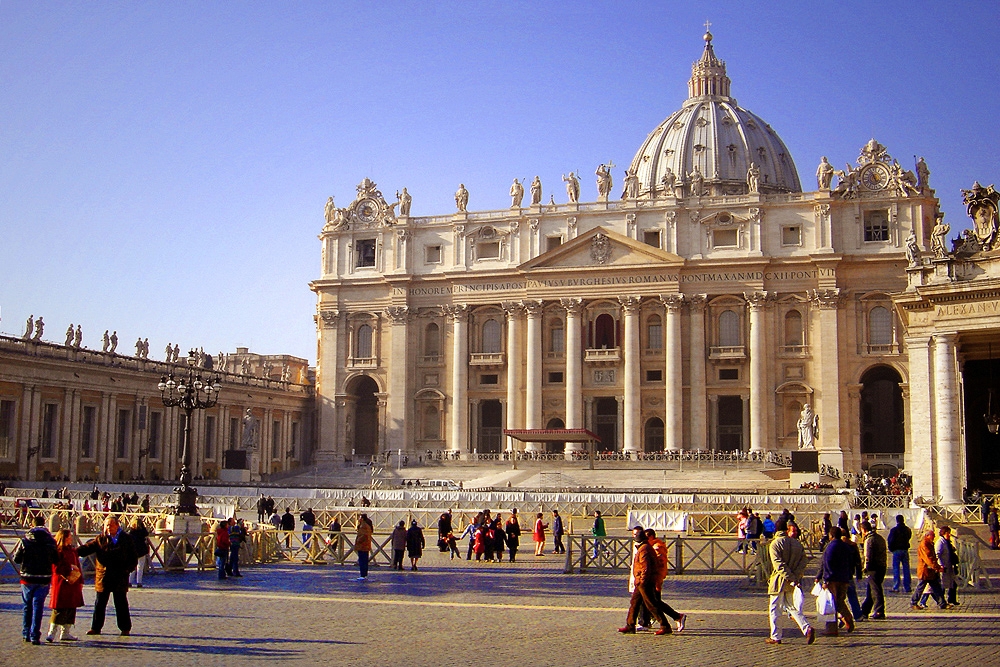
It is a surreal experience to plow through the hours of a day, "taking it easy" under doctor's orders until one's surgery days from now, with the aura of the dreaded word "cancer" surrounding one's being. It affects others who try to relate in ordinary, normal ways, as though they expect you to wince, catch your breath, or otherwise show signs of being afflicted by that spectral yet chewing presence in your body.
And that's okay. Mortality is not something that comes easily to people's consciousness; especially to those who are young with so much experience to look forward to in their lives. It might do them good to realize that all of us live in what Gil Bailie calls "the Eleventh Hour."
But it tends to set oneself apart. One can relate to the character of Donnie Darko in Richard Kelly's outstanding film of the same name. He has seen a real portent of his own death -- everyone's death -- and he learns that there is for him a way of self-donation that will bring life to all -- to everyone's life.
Whether this vile beastie -- a transitional cell carcinoma of the renal pelvis -- will quickly or lately bring the demise of Athos is not truly the issue. It is a wake-up call; a reminder of my mortality. Let it also be a reminder that I have, you have, we all have, an opportunity to self-donate. The Catholic Church calls it practicing the theological virtue of charity (along with faith and hope), and it is the distinguishing mark of the Christian who lives in but not of the world.
"Offer it up" - one's suffering, one's trials, nearly anything. I will not go quite so far as Saint Paul, but I will add in my own way what I can for any and all who may profit from my struggle:
Now I rejoice in my sufferings for your sake, and in my flesh I am filling up what is lacking in the afflictions of Christ on behalf of his body, which is the church, of which I am a minister in accordance with God's stewardship given to me to bring to completion for you the word of God.- Colossians 1;:24-25



















